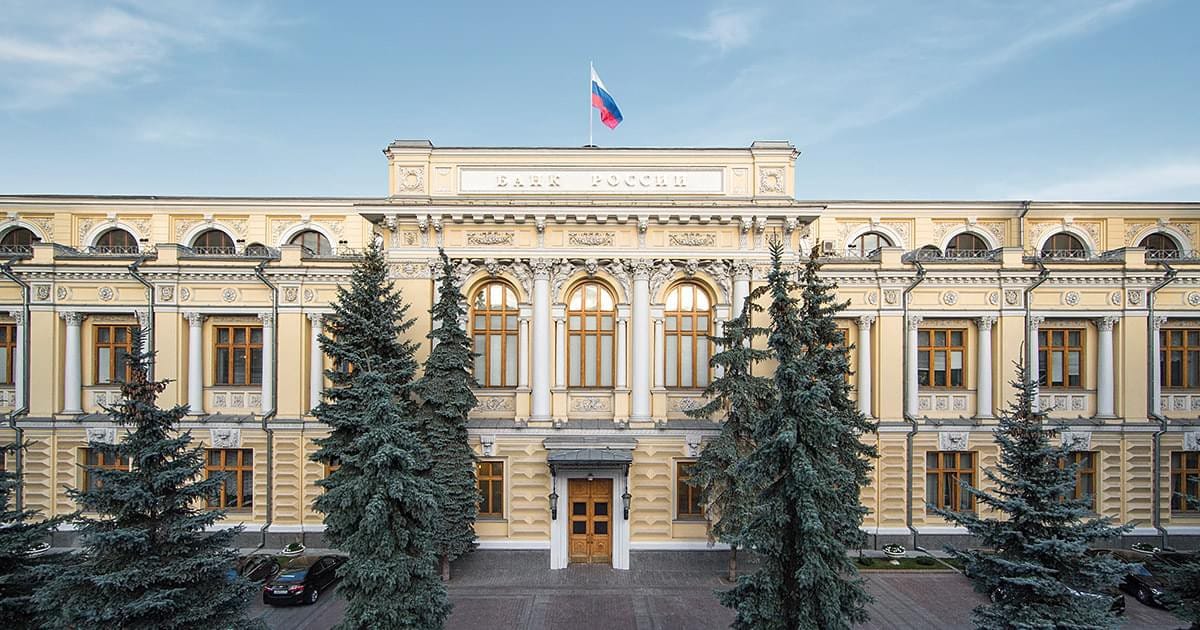
Due to the current geopolitical situation Bank of Russia and the Ministry of Finance are reconsidering their approach to cross-border crypto payments.
The Russian News Agency TASS, a major state-owned news agency, reported that according to the Deputy Minister of Finance Alexei Moiseev both the Ministry of Finance and the Central Bank of Russia agreed that due to the current geopolitical situation “it is impossible to do without cross-border settlements in cryptocurrency”. He also added that now the infrastructure is “too rigid” for the use of cryptocurrencies in cross-border settlements and they have to “legalise it somehow”.
“Now people open crypto wallets outside the Russian Federation. It is necessary that this could be done in Russia by the entities supervised by the Central Bank, which are required to comply with the requirements of anti-money laundering legislation, and first of all, of course, are obliged to know their client,” the Deputy Minister explained.
According to another Russian state-owned news agency RIA, The Bank of Russia is still against the legalisation of crypto exchanges and settlements in cryptocurrency within the country. Only cross-border transactions are being discussed among the Central Bank, the Ministry of Finance and the Ministry of Economic Development. Earlier Elvira Nabiullina (Head of Bank of Russia) said that crypto can be used for cross-border payments, only if it doesn’t get into Russia’s domestic financial system.
Now virtual assets in Russia are regulated by the Law “On Digital Financial Assets”. According to it, cryptocurrency in Russia can be bought, issued, sold etc, but Russian citizens cannot make payments with it. All in all, crypto is considered to be legally equal to property and is subject to appropriate taxes.
Besides, this summer another law was adopted. It completely banned the use of digital financial assets (DFA) and utilitarian digital rights (DPR) as a means of payment in Russia:
“It is prohibited to transfer or accept digital financial assets as a consideration for transferred goods, performed works, rendered services, as well as in any other way that allows one to assume payment by a digital financial asset for goods (works, services), except as otherwise provided by federal laws”, says the law.
Now as the situation has changed, authorities are ready to reconsider their approach, at least partially. Well, that was expected: earlier many concerns about Russians using crypto to avoid sanctions were expressed. Desperate times, call for desperate measures, as they say.

